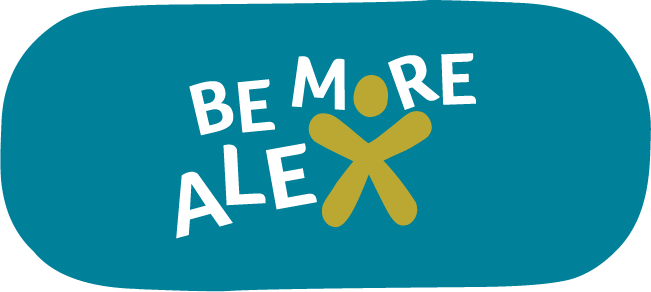Our Impact – what we are doing about it.
We are committed to continuing to drive momentum to deliver treatments to help THIS generation of those living with Duchenne. We have an innovative approach to funding. Not only do we fund basic research, but we fund clinical trials and the doctors and nurses in the UK to deliver those trials.
To date, we have invested in 36 projects and supported five new clinical posts ensuring boys in the UK have access to trials. We have raised over £2M through our fundraising activities to date.
These projects range from progressing Gene Therapy, Gene Editing, Stem Cell Therapy, research into the Heart and how best to detect disease and treat it, looking at the best Steriod-treatment regimes, supporting a new Steriod-alternative drug Vamorolone without the horrendous side-effects of traditional steroids and diagnosing cardiac fibrosis in female carriers…. the list goes on.
Supported the DMD Care and DMD Hub UK programme ensuring boys gain access to the best care and can access clinical trials in the UK, regardless of where they live.
Supporting two new technological advances – The Smart Suit and The Dream Wheelchair to improve the ability for boys to have their freedom and dignity and improve accessibility.
The list goes on, we share all project updates in our news section on this website.
We work closely with Duchenne UK and ensure that all projects we fund has been through a scientific advisory board. A board which is made up of some of the world’s experts in Duchenne. They bring with them a wide range of essential skills and knowledge bases, including scientific, clinical and drug discovery and development. We ensure no duplication of efforts has been made already around the world and that the projects have a clear path to delivery. We focus on funding the best science from around the world.
You can see our Annual Accounts listed on The Charity Commission which lists every single investment made since we launched Alex’s Wish back in late 2013.

